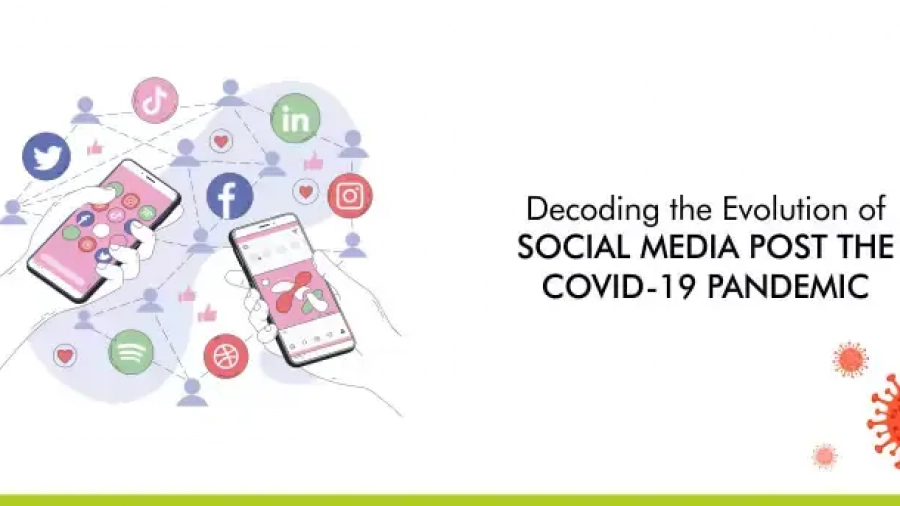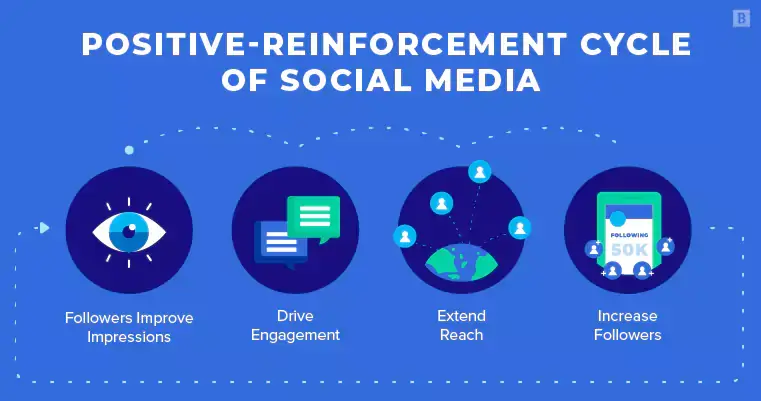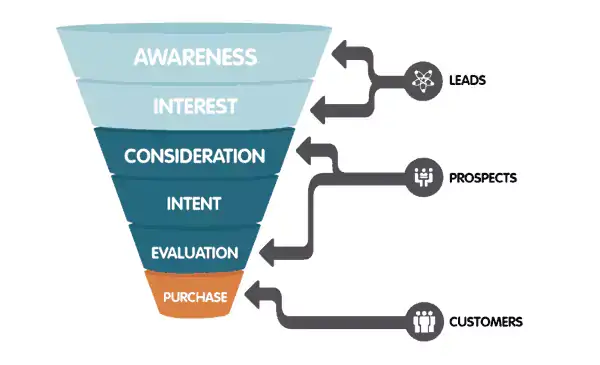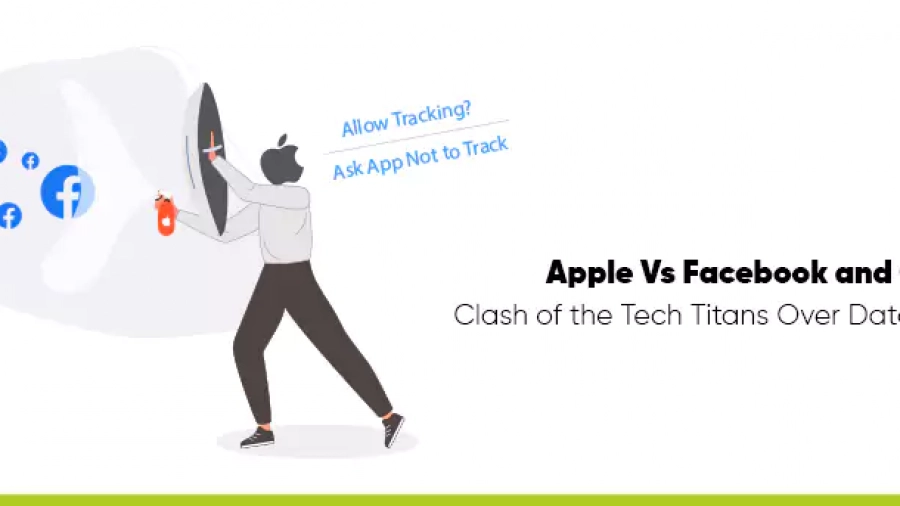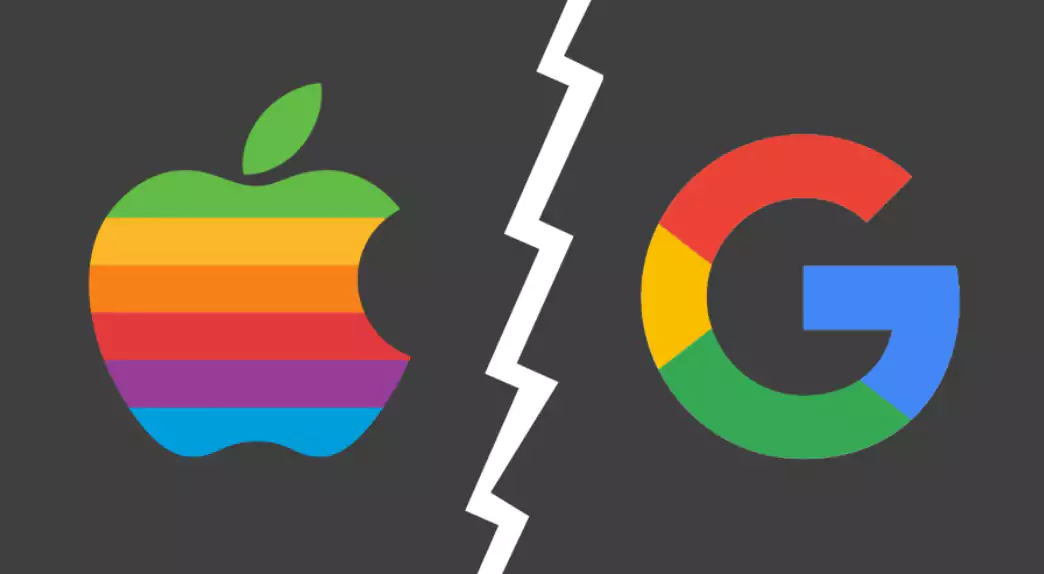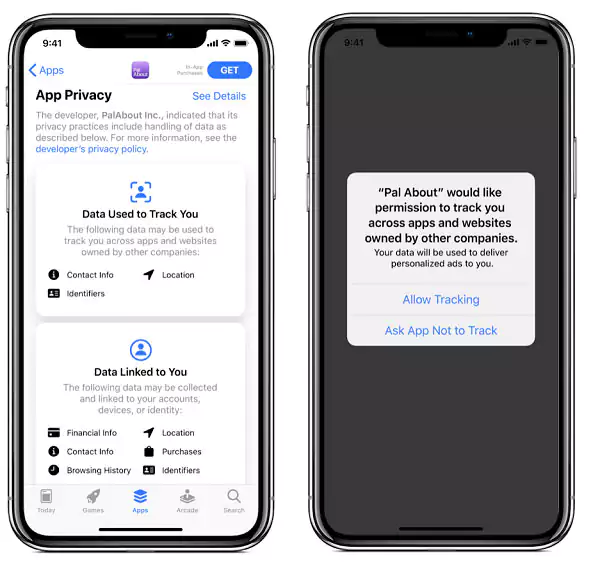A majority of businesses across the world today have established their digital presence by building websites. This helps brands considerably in gaining better reach across multiple locations and boosting their business growth. IT and marketing departments are the major powerhouses that help businesses in building and maintaining an online presence.
IT specialists look after connectivity, security and other technical aspects of website management and generally lack the skills necessary to communicate a brand’s message. Marketers, on the other hand, are experts in understanding the requirements of the target audience. They are proficient in articulating a brand’s value proposition through a website very clearly.
Since website management is a long-term responsibility, it is always beneficial to hand over the reins of website management to just one team. But which of these two departments are more capable of completely controlling a website? The answer is – your marketing department. Here are 4 reasons that explain why businesses must prefer marketers over IT professionals when it comes to managing their website.
1. Web Presence isn’t Completely Reliant on Coding

Image Source: Business Pro Designs
Contrary to common perception, coding is not the only factor influencing web presence. It is also dependent on factors such as the website structure and SEO. While IT professionals use technical skills to lay the foundation for a website, marketers play an important role in shaping the look and feel of the website. This helps in delivering a great user experience to website visitors.
Strengthening web presence requires the basic knowledge of SEO which IT professionals do not usually possess. On the other hand, SEO and keyword research expertise enables marketers to incorporate the right keywords into URLs, headers, content, and build effective internal links. Moreover, with site structure having an impact on SEO and ultimately, on your web presence, it is always wise to let your marketing team manage your website.
2. Marketers Understand the Target Audience Better

Image Source: Swansea
The first and foremost prerequisite of managing a website is to assess why visitors would land on your website and provide them with exactly what they’re looking for. This is extremely helpful in creating and delivering personalised experiences to prospects visiting your website. As a result, your website is always visited by the right customers. But to achieve this, it is necessary to first identify and know a great deal about your target audience.
With the IT team in charge, you can build a website successfully but fail to identify and target your right customers. But marketers can conduct research activities and have the skills to assess the preferences, buying behaviours, etc of customers. This helps them present the website in a manner that delivers value and grabs the attention of the target audience.
3. IT Teams Can’t Communicate the Brand Message

Image Source: Total Jobs
Once you have identified your target audience, you need to focus on delivering your brand’s message through the website. This involves incorporating an apt approach to display designs and content so that people perceive your business in the exact manner you want them to. Since marketing revolves primarily around communication, marketers are best suited when it comes to looking after your brand’s messaging.
Although IT professionals are well-versed with the technological aspect of website building, they lack the proficiency to communicate a brand message effectively. As a website is the online face of a brand, it is also important to maintain consistent messaging across the entire website. With their creative skills, marketers are able to keep branding consistent by delivering the same message and value proposition throughout the website.
4. Marketing Experts Can Regularly Update Your Website

Image Source: Mind Studio
To keep on winning new clients for your business, it is extremely important to always keep your website up to date. Constant modifications are useful in ensuring that at any given time, the most relevant and SEO-friendly content is up on the website. Regular updations enable the incorporation of the latest design trends which compels prospects to visit your website again and again. These factors help in improving your website’s search engine rankings.
A website with the latest information and design revolving around the target audience’s needs plays a crucial role in displaying your business as a thriving organisation. It can help businesses in grabbing the attention of new customers. As the IT team is not capable of carrying out such website modifications, it is thus necessary to assign the website management task to your marketing team.
The primary purpose of establishing and managing a website for a business is to improve brand awareness so as to boost sales. This can be carried out through the website by showcasing your brand’s value proposition and influencing how visitors perceive your brand. However, these activities require certain creative skills and expertise that marketers possess and IT professionals do not. Hence, it is quite advantageous for any brand to let marketers have complete control over the website creation and management and not the IT team.


